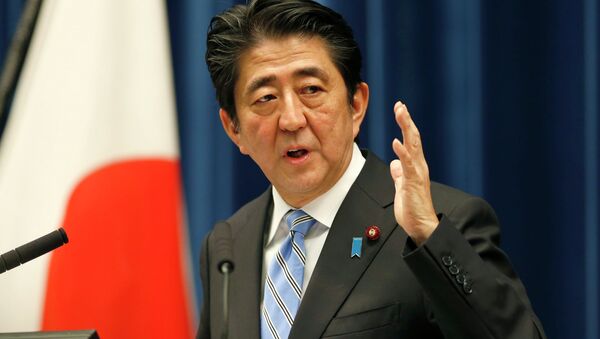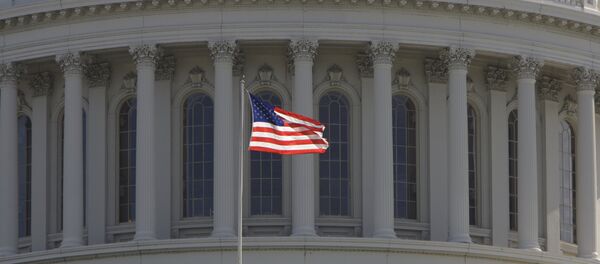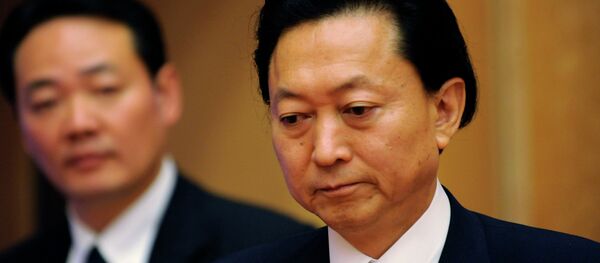"There is no sign that the foreign policy agenda of the [Japanese Prime Minister] Abe Sinzo cabinet is going to change. With regard to Russia, Abe is still mired in a deadlock that existed prior to the [2014 general] elections," said Yanada Takayuki, assistant to Japan's former Foreign Affairs Minister Yohei Kono.
This came after Abe's ruling Liberal Democratic Party won a snap election on Sunday, giving him a mandate to go ahead with economic reforms to revive the struggling economy.
Takayuki told Sputnik that the Abe administration has been caught up in the ongoing standoff between Moscow and the West, where a perceived move toward Moscow would pit it against the alliance of the European Union, Canada, Australia and the United States.
Earlier this year, the West instituted sanctions against Moscow – including economic restrictions targeting Russian energy, defense and banking – over its alleged involvement in the eastern Ukrainian crisis and the decision of Ukraine's former Crimean republic to reunite with Russia.
"One the one hand, there is a clear desire of a breakthrough in mutual relations [with Russia]; on the other, the Mutual Cooperation Treaty with the US and the commitment to present a common front together with the Group of Seven with regard to Russian sanctions and the situation in Ukraine, ties up Abe's hands," Takayuki said.
He added that the Japanese policy toward Russia would change only if there was a thaw in the West's relations with Moscow.
Japan is a signatory to a treaty on mutual cooperation and security with the United States, a post-WWII agreement that strengthened defense, economic and foreign cooperation between the two countries. In April, Japan was forced to follow Washington's lead in its push against Russia, imposing restrictions on Russian individuals, followed by sanctions on companies in September.




